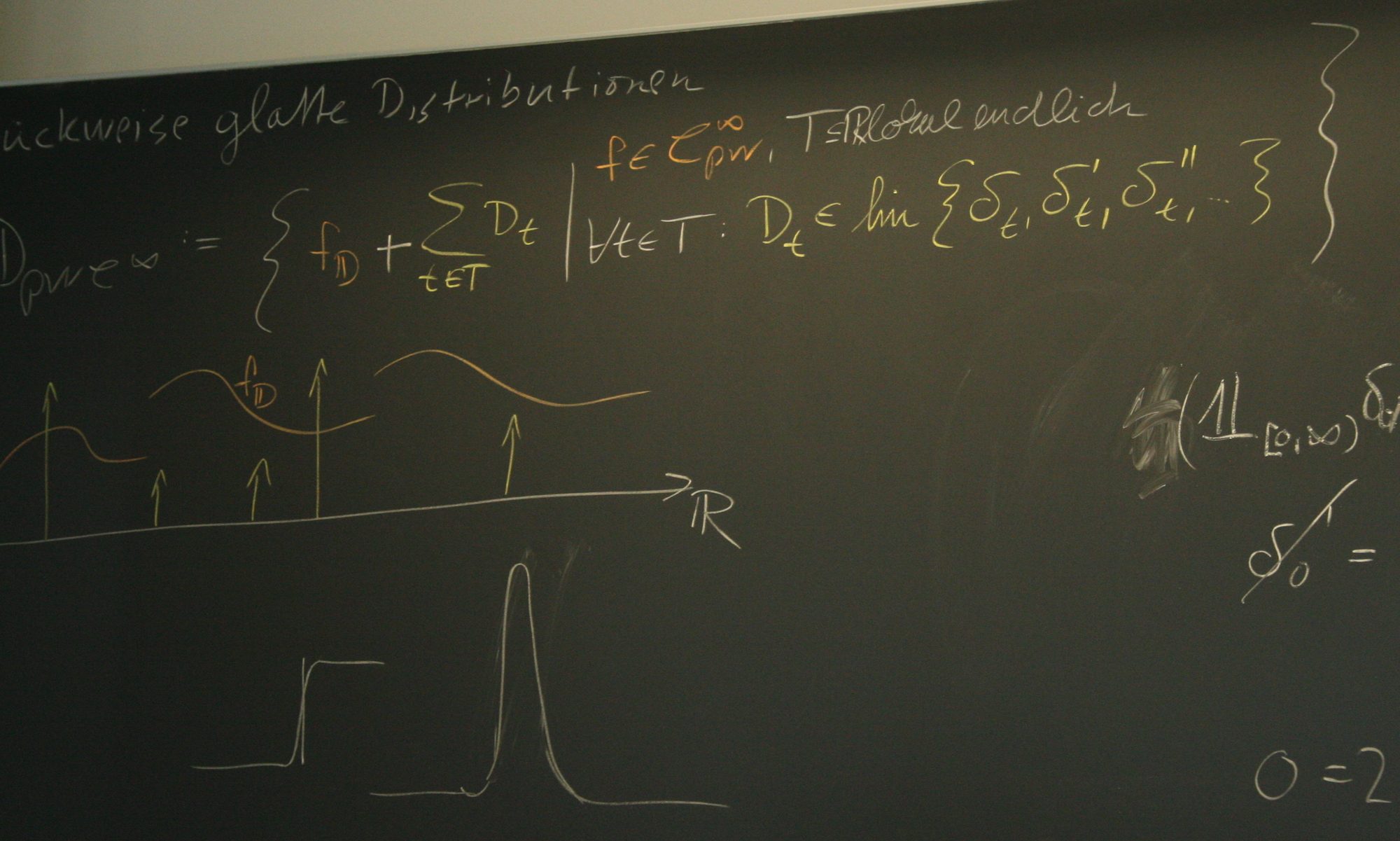Berger, Thomas; Ilchmann, Achim; Trenn, Stephan Quasi feedback forms for differential-algebraic systems Journal Article In: IMA Journal of Mathematical Control and Information, vol. 39, iss. 2, pp. 533-563, 2022, (open access, published online October 2021). @article{BergIlch22,
title = {Quasi feedback forms for differential-algebraic systems},
author = {Thomas Berger and Achim Ilchmann and Stephan Trenn},
url = {https://stephantrenn.net/wp-content/uploads/2023/01/BergIlch22.pdf, Paper
https://arxiv.org/abs/2102.12713, arXiv:2102.12713},
doi = {10.1093/imamci/dnab030},
year = {2022},
date = {2022-06-01},
urldate = {2022-06-01},
journal = {IMA Journal of Mathematical Control and Information},
volume = {39},
issue = {2},
pages = {533-563},
abstract = {We investigate feedback forms for linear time-invariant systems described by differential-algebraic equations. Feedback forms are representatives of certain equivalence classes. For example state space transformations, invertible transformations from the left, and proportional state feedback constitute an equivalence relation. The representative of such an equivalence class, which we call proportional feedback form for the above example, allows to read off relevant system theoretic properties. Our main contribution is to derive a quasi proportional feedback form. This form is advantageous since it provides some geometric insight and is simple to compute, but still allows to read off the relevant structural properties of the control system. We also derive a quasi proportional and derivative feedback form. Similar advantages hold.},
note = {open access, published online October 2021},
keywords = {},
pubstate = {published},
tppubtype = {article}
}
We investigate feedback forms for linear time-invariant systems described by differential-algebraic equations. Feedback forms are representatives of certain equivalence classes. For example state space transformations, invertible transformations from the left, and proportional state feedback constitute an equivalence relation. The representative of such an equivalence class, which we call proportional feedback form for the above example, allows to read off relevant system theoretic properties. Our main contribution is to derive a quasi proportional feedback form. This form is advantageous since it provides some geometric insight and is simple to compute, but still allows to read off the relevant structural properties of the control system. We also derive a quasi proportional and derivative feedback form. Similar advantages hold. |

